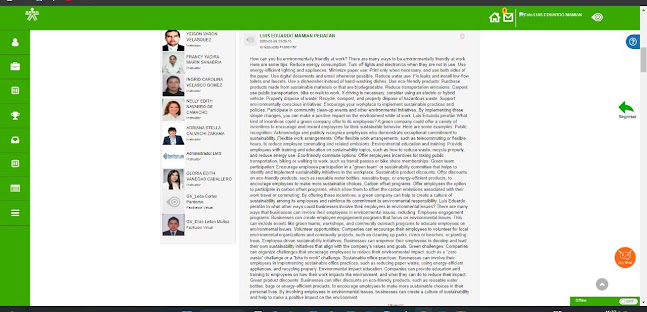pensamiento crítico y alfabetización mediática (Critical Thinking and Media Literacy) y crimen y castigo (Crime and Punishment)
Summary:
Critical Thinking and Media Literacy:
Critical thinking refers to the ability to analyze and evaluate information and arguments in a logical and systematic manner. It involves questioning assumptions, identifying biases, and considering alternative perspectives. Media literacy, on the other hand, refers to the ability to critically understand and interpret media messages, including those from traditional media outlets and digital platforms.
In today's digital age, where information is readily available and easily disseminated, critical thinking and media literacy have become essential skills. With the proliferation of fake news, misinformation, and biased narratives, individuals need to be able to discern reliable sources, detect manipulation tactics, and evaluate the credibility of information.
Developing critical thinking skills involves being able to recognize logical fallacies, assess the validity and reliability of evidence, and engage in rational and evidence-based decision-making. Media literacy, on the other hand, requires individuals to understand the techniques and strategies employed by media organizations to shape public opinion, such as framing, selective reporting, and sensationalism.
By combining critical thinking and media literacy, individuals can become more informed and discerning consumers of information. They are better equipped to navigate the complexities of the media landscape, distinguish between fact and opinion, and make well-informed decisions.
Crime and Punishment:
Crime and Punishment is a classic novel written by Fyodor Dostoevsky. The story revolves around the life of Rodion Raskolnikov, a poor ex-student in St. Petersburg, Russia. Raskolnikov, influenced by his intellectual ideas, commits a premeditated murder of an old pawnbroker and her sister.
The novel explores the psychological and moral consequences of Raskolnikov's crime. As he struggles with guilt and paranoia, he becomes entangled in a cat-and-mouse game with the detective investigating the murder. Raskolnikov's internal conflict and the subsequent punishment he faces serve as a vehicle for discussing philosophical and ethical questions surrounding the nature of crime, punishment, and redemption.
Dostoevsky delves into themes of moral responsibility, the existence of evil, the limits of rationality, and the effects of guilt on the human psyche. The novel challenges readers to contemplate the complex interplay between society's norms and individual morality, the motivations behind criminal behavior, and the potential for redemption.
Crime and Punishment is considered a seminal work in world literature and has had a profound influence on the genre of psychological fiction. It continues to be studied and analyzed for its exploration of human nature, ethics, and the consequences of criminal actions.


Comentarios
Publicar un comentario